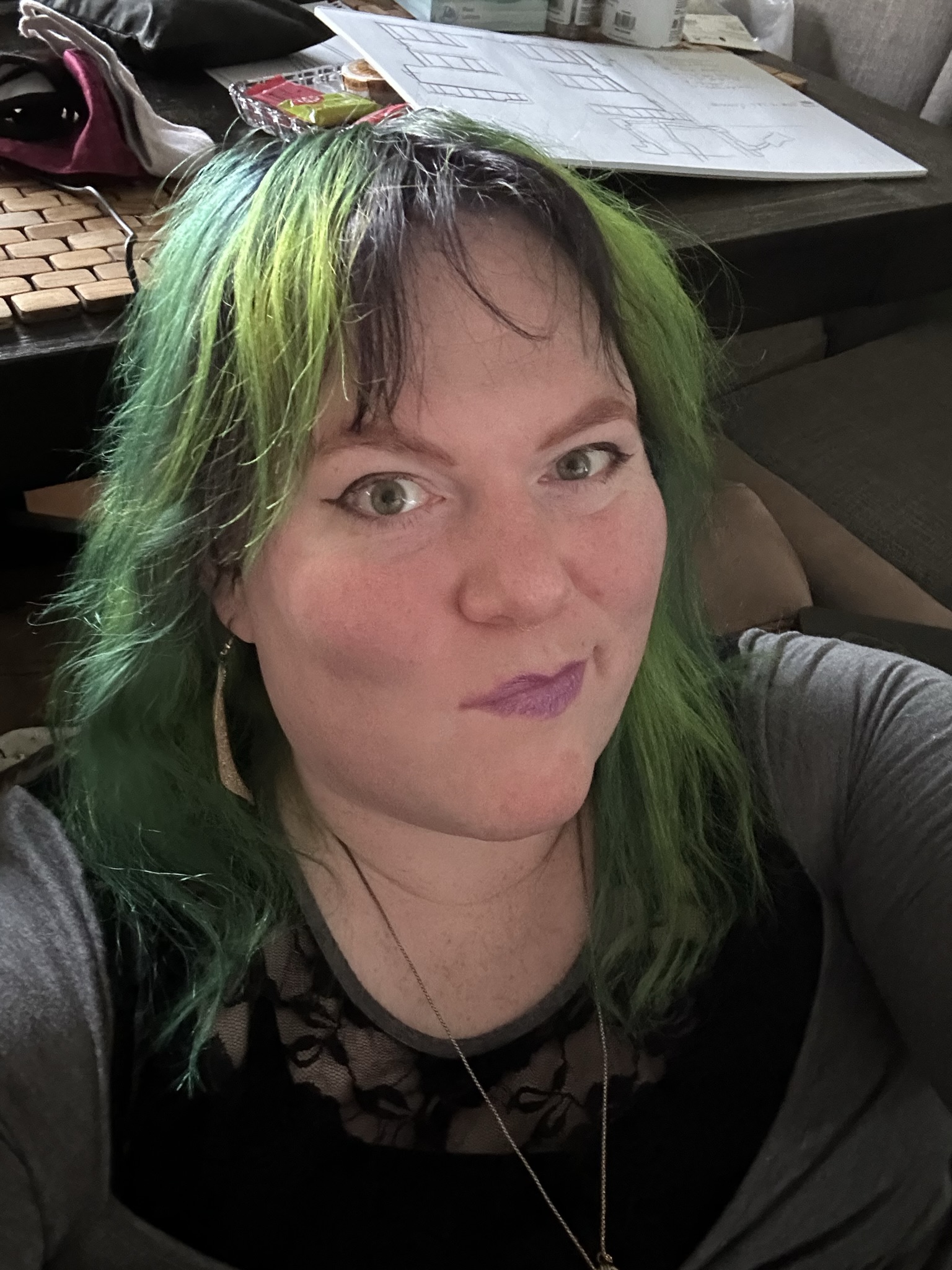Article text below:
Cascade PBS Lays Off News Staff, Citing Federal Cuts By Erica C. Barnett
Cascade Public Media, the Seattle-based PBS affiliate that owns the long-running website Crosscut, is laying off most of its newsroom staff, eliminating 19 local news positions—16 of them filled— just months after finalizing a union contract with newsroom staff.
PubliCola reported the news exclusively on Bluesky earlier this afternoon.
In an internal email to staff, Cascade CEO Rob Dunlop said the decision to “cease production of our long-form journalism published online” was one of the “hard choices” the nonprofit had to make in response to federal funding cuts for local public media. “Sadly, we are joining public radio and television stations around the country who are making similarly difficult choices,” Dunlop wrote.
According to internal emails, Cascade PBS will “focus going forward” on video, including local series about history, hiking, and food, including Mossback’s Northwest, The Nosh, Nick on the Rocks, Out & Back, and Art by Northwest, and expand its quick-bite video series, The Newsfeed, to five days a week.”
“These are painful decisions to make and none of the impacted team members did anything to bring this about. They have served Cascade PBS and this region with passion and distinction. To the journalists affected, their work has earned much well-deserved recognition that has elevated our mission,” Dunlop wrote.
Dunlop blamed the layoffs on federal funding cuts of $3.5 million, which took effect in July. “While we had prepared for this possibility, it is still a significant blow to our organization and to public media nationwide.”
“While we are incredibly grateful for the outpouring of support from the community, we realize that we can’t count on emergency donation levels being sustainable in the years to come,” the Cascade CEO continued. “We also see no indication that federal funding will be restored. We need to adjust our resources to fit a realistic and sustainable level of support to ensure our viability. That is the only thing driving this decision.”
Cascade’s news reporters watchdog City Hall, do lengthy, in-depth investigations, and provide important analysis of what’s happening in state and local politics. It’s the kind of coverage that’s becoming increasingly rare in Seattle’s media ecosystem, which has seen a fair amount of upheaval, including last year’s sale of the Stranger, in recent years. Josh Cohen, Cascade’s city hall reporter, covered news for PubliCola back in the early 2010s, and is a ubiquitous presence City Hall—a welcome face who we hope we’ll see again soon when another publication scoops him up.
The news team at Crosscut recently finalized a contract that included moderate wage increases after stalemating with management for more than a year. Among other wins, the Cascade PBS Union (part of the Pacific Northwest Newspaper Guild) ensured a minimum starting salary of $67,000 for its unionized newsroom workers, plus raises that brought the lowest-paid newsroom staffer up to a salary of $74,000.
Last year, according to Cascade’s IRS filing, Dunlop had total compensation of more than $550,000. In all, Cascade’s nine executive staff made a total of more than $2.2 million.
Courtney Scott, executive officer of the newspaper guild, said the union is “deeply disappointed that Cascade PBS is choosing to eliminate its newsroom and lay off of its reporters at a time when we need good, thoughtful journalism more than ever. We do not yet fully understand why this decision was made and we will be meeting in Cascade PBS executives and management in the coming days to discuss the impact on our union members and the reasoning behinds these decisions.”
Cascade management is holding an all-staff meeting today at 3:00.
Dunlop told PubliCola he was unable to immediately respond to our questions; we’ll update this post with his responses when we hear back.
This is a developing story.
UPDATE (Sept 23 2025):
Ryan Famuliner, Cascade PBS’s director of digital news, published the following article on the Cascade PBS website on Sept 23, 2025:
https://www.cascadepbs.org/all/2025/09/the-new-path-forward-for-the-cascade-pbs-newsroom/
When I joined this newsroom as the Director of Digital News in late 2023, it was still known as Crosscut, a digital newsroom that had merged with KCTS 9 in 2015. One of the founders of Crosscut explained to me that the name represented the idea that the newsroom’s coverage would cut “against the grain” compared to that of other outlets in the region, and cover “news from the great nearby.” Last year, KCTS 9 and Crosscut rebranded to share the name Cascade PBS.
This week marks the most significant period of transition for this newsroom since the merger in 2015, as outlined in our organization’s announcement yesterday. It’s worth noting: This transition would not be occurring if not for Congress’ July 18 vote to rescind funding to the Corporation of Public Broadcasting. President Trump signed the bill on July 24, removing funding that had already been approved by Congress just three months earlier. The Cascade PBS fiscal year had already started July 1, and our budget supported all the work we normally fund. But our board had to vote last week to approve a revised budget, and in an effort to right-size the company under this new financial reality, we are moving away from the publication of in-depth, online-first written journalism.
In the next year, we had plans to again publish the only statewide voter guide from a newsroom in Washington, covering every legislative race in the state as well as all major offices. Our reporters in Seattle, Yakima and Olympia would have continued to cover in-depth stories related to state government and policy, including stories about the impact of federal cuts to Medicaid and other vital services. We had plans to publish a podcast series related to the state’s underfunded public defender system. Our quarterly Cascade PBS/Elway Polls would have previewed the legislative session, and given us valuable insight into how voters were feeling as we head into the hugely consequential 2026 midterm election season.
Our investigative team would have continued its efforts shining light into areas where no one else is looking. I have no doubt we would have written more stories with real-world impact, like the ones in the past year that led to the closure of a VA Clinic with long-standing safety concerns; led to policy changes related to workplace safety for teenagers; set off local investigations about possible cover-ups in local municipalities; or led to $5.5 million in refunds to mobile home owners in Hurst & Son parks. Our reporters planned to continue to apply significant scrutiny to an ICE detention center in Tacoma, and we planned to produce a half-hour video documentary examining the real-world implications for people caught up in the fight between Washington and the federal government over immigration enforcement.
Needless to say, this is a painful decision based on funding realities. There is a direct through-line from Congress’ rescission of the funding to CPB and the elimination of this valuable local coverage to our community, and a substantive change to the local media ecosystem. The same could be said for similar decisions other local PBS and NPR member stations across the country have had to make in recent weeks (and undoubtedly, many others will have to make in the coming months and years). It was work that held federal, state and local government officials – and many others wielding power in our communities – to account.
The new Cascade PBS newsroom that will emerge will look much different than the one we’ve had previously. Our primary news product will be our local video show The Newsfeed. Our staff will be smaller and more focused in their work. But we’ll still strive to tell the stories that really matter in our communities across the region and to amplify valuable and helpful voices. We’ll prioritize stories no one else is covering. And we won’t hesitate to continue to cover stories that hold power to account, with public service as the ultimate measure of our success.



This is bad news and I’m about to make a silly point that doesn’t really matter, but I don’t think Cascade PBS did any "long-form journalism published online.” Am I mistaken? They did daily news headlines, similar to the Times and KUOW, and I’ll miss that, but “long-form journalism” means magazine-length pieces, and I never saw that.
Most of it was available through the Cascade PBS website (cascadepbs.org).
As for their stories, check out this one where they partnered with KNKX to investigate how WA state officials were using Chat GPT to do their jobs by getting their prompts and results through Freedom of Information Act (FOIA) requests:
https://www.cascadepbs.org/news/2025/08/wa-city-officials-are-using-chatgpt-to-write-government-documents/
It’s a fascinating bit of journalism that network news wasn’t going to do. This is the kind of reporting that’s going away.
That’s solid and certainly qualifies as long-form, thanks.